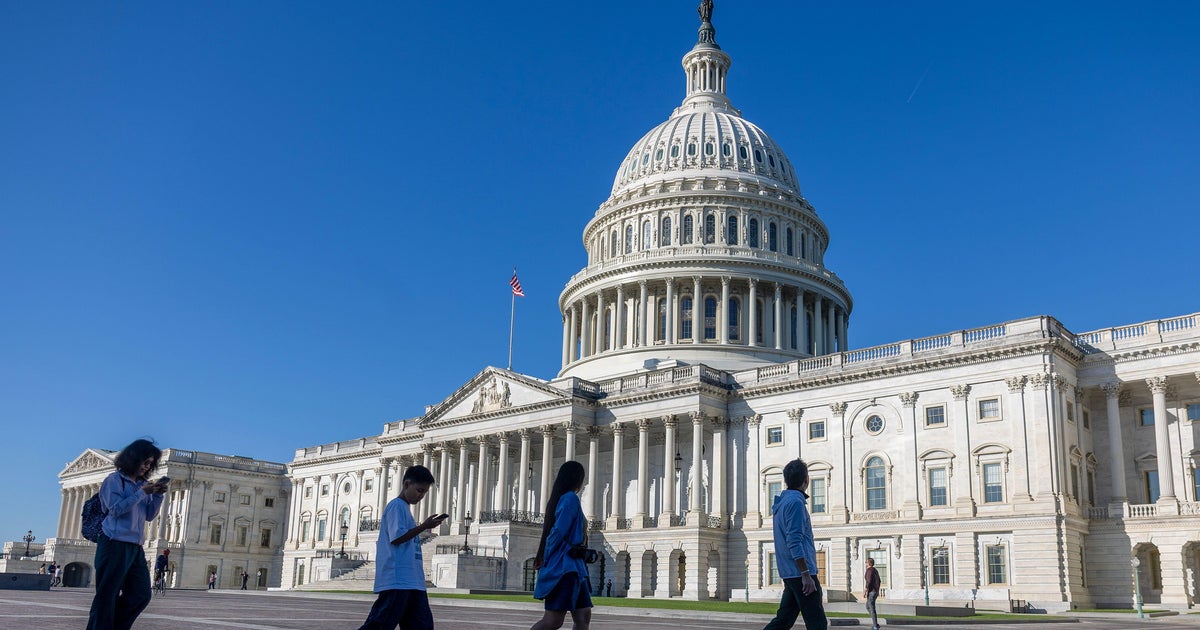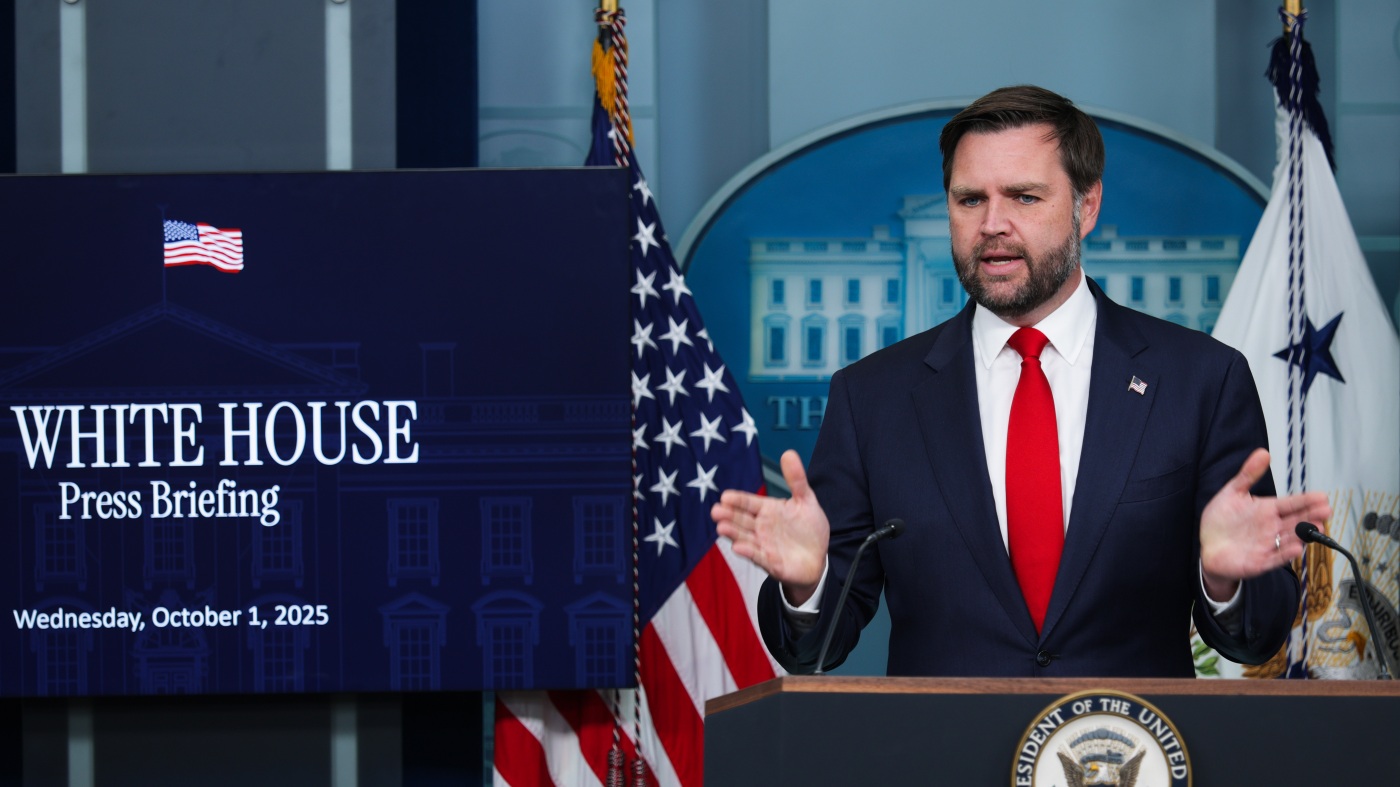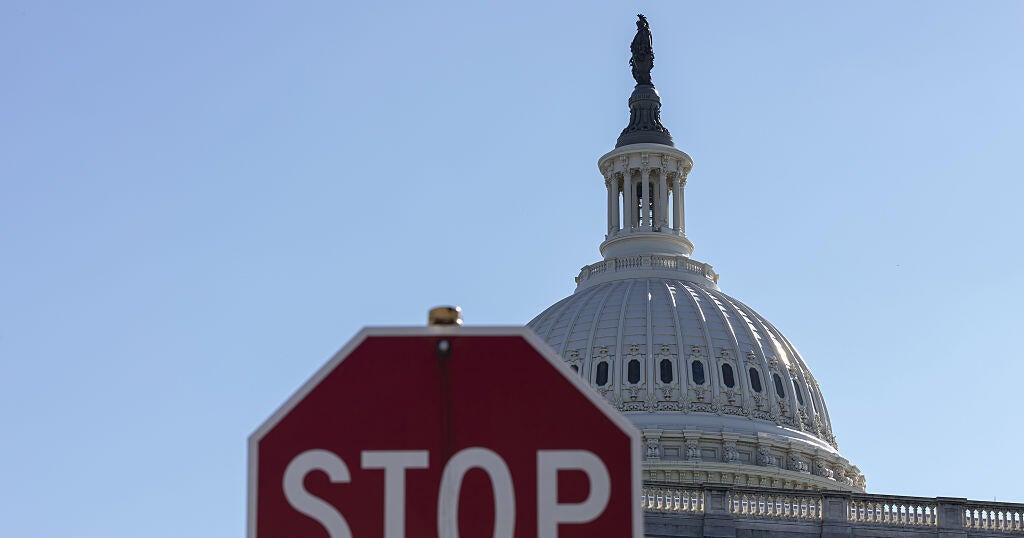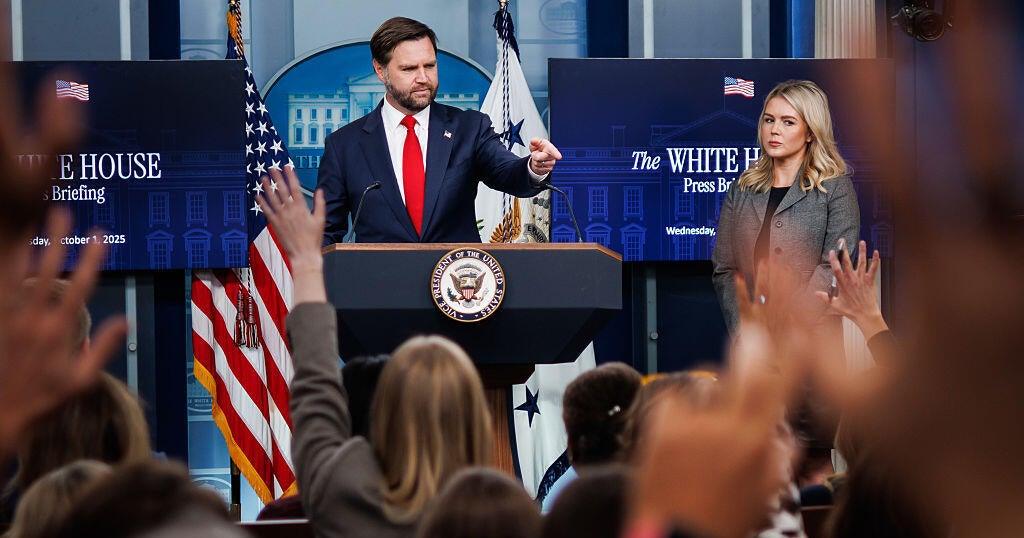Stalemate Over Health Care: ACA Subsidies and the Government Shutdown
The Stalemate Over Health Care
Health care has once again become the central battleground in Congress, as Democrats and Republicans remain deadlocked over the extension of Affordable Care Act (ACA) subsidies—a dispute that led to the federal government shutdown in early October 2025[1][2]. Democrats argue that health care is a top priority for American families and insist that premium subsidies, set to expire at year’s end, must be renewed as a condition for reopening the government[2][5]. Republicans, however, have resisted making these subsidies permanent, proposing instead to revisit the issue later in the year[5]. The impasse highlights how health policy remains one of the most divisive and intractable issues in Washington, with both sides unwilling to yield ground despite the real-world consequences for millions of Americans[1][3].
Consequences for Americans
If subsidies expire, average annual premiums for ACA enrollees could more than double, hitting middle-class families and rural communities especially hard[6]. Meanwhile, Democrats are also fighting to reverse Medicaid cuts enacted earlier this year, further complicating negotiations[5]. The shutdown itself disrupts health agency operations, furloughing staff and delaying critical services, even as essential programs like Medicare and Medicaid continue[7]. With open enrollment for ACA plans approaching, the uncertainty over subsidies adds to the anxiety for consumers navigating an already complex system[6]. As the showdown continues, the human cost of political gridlock on health care grows clearer—and the path to compromise remains elusive[1][3].



















